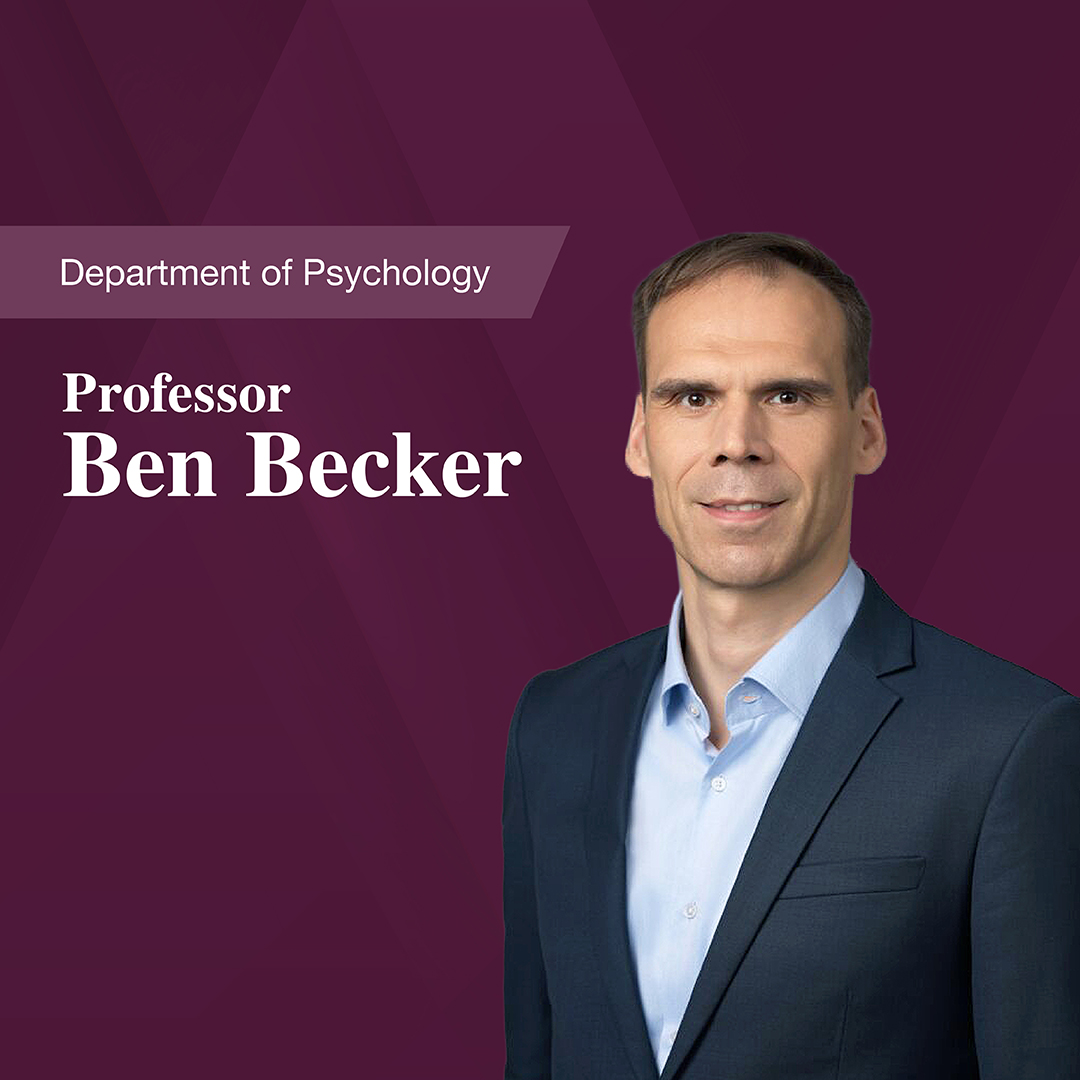Study Led by Professor Benjamin Becker Reveals How AI is Becoming a New Social Presence That Could Transform Human Relationships and Brain Functions
As AI chatbots and virtual agents become part of everyday life – from customer service to personal companionship – research at HKU’s Department of Psychology examines how these AI interactions influence our social and emotional experiences.
Professor Benjamin Becker explains that our brains are naturally wired for social connection. Because of this, we often respond to AI as if it were a real social being, attributing feelings and intentions to it. As AI becomes smarter and more personalised, these interactions may engage our brain’s social systems more deeply and could even change how we relate to other people.
This brings both opportunities and risks:
Opportunities:
• Reducing Loneliness
• Improving Learning and Therapy
Risks:
• Altering Human Sociality
• Amplifying Bias and Misinformation
• Exploiting Social Bonds
These effects are especially significant for young people, whose social skills and identities are still developing.
Professor Becker calls on researchers, developers, and society to carefully guide the growth of AI to ensure it benefits us ethically and safely. Understanding how our social brain interacts with AI will be essential to making sure these technologies support us, not harm us.
This research was recently published in the journal Neuron in an article titled “Will our social brain inherently shape and be shaped by interactions with AI?”.
